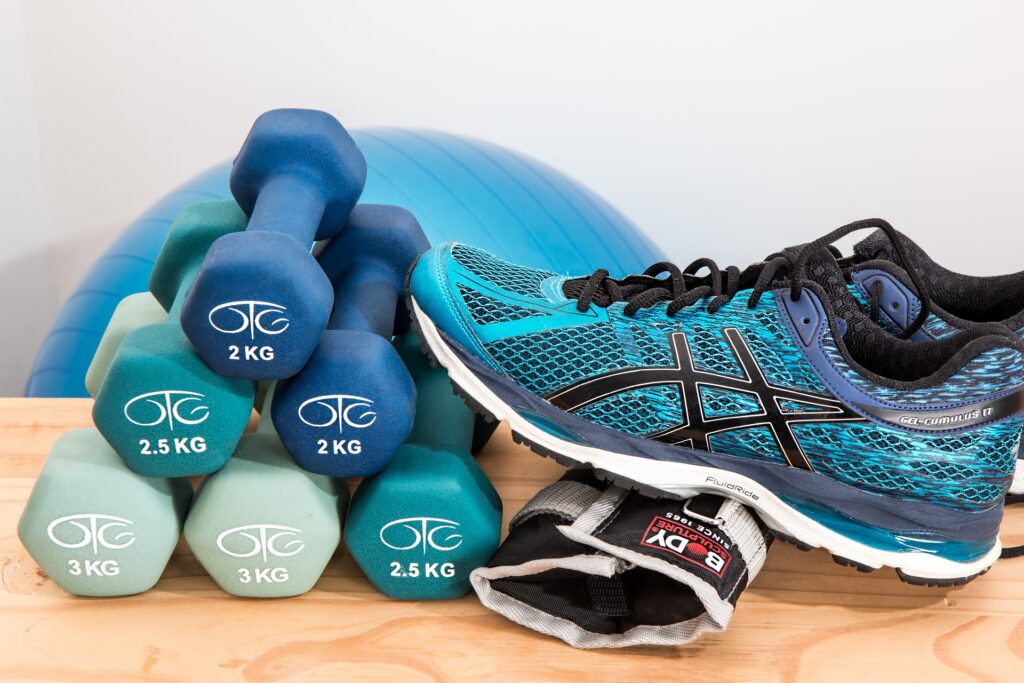Hey athletes (and parents), this one is for you!
As both a former Division 1 Field Hockey athlete at Boston College and Division 1 Assistant Coach at Lafayette College, I have spent my fair share of time around athletes. My experience includes competitively training myself as well as coaching athletes in the weight room and on the field.
No matter the sport the athlete plays, their athletic performance is most likely praised on some level of grit, grind, speed, power or endurance. These are highly respectable traits…. for the game.
However, too consistently, athletes approach their strength training with the same grit and grind of athletics- where the focus is on speed and “getting work done”. The problem? Even though the athlete may be considered a master of their sport, the skill of sport does not equate to the skill of strength training and body movement.
By moving too fast through their strength training, the athlete neglects to develop powerful connections from the mind to their body, thus, losing out on significant performance gains and injury prevention strategies. Think of it like this… would you put a new driver on a busy city highway and tell them to driver as fast as they could? Probably not. There are things to navigate, lessons to learn, huge risks of injury at stake. The same is true with performance training.
Like starting a new driver out in an empty parking lot, where there is room for error, when the athlete moves more slowly through exercises, there is a greater opportunity for intentional learning, form adjustments, and time for their brain to “catch up” to tell their body what to do and how to do it.
Remember this: athletes have ONE tool to master- the body. If the athlete desires to perform better, grow stronger, and reduce injury they must take the time to learn how to train properly and with intention. No exceptions. If the athlete is always speeding through their training, performing exercises in which they do not know the muscles they are intended to be using, or only lifting heavy weights they are missing the mark.
By learning and understanding the body better, the athlete will not only become a master of their body, but a master of their craft- whatever sport that is.

Kelcie Hromisin is a NEPA resident, personal trainer, and competitive athlete. She holds dual degrees in biology and applied psychology from Boston College, where she was a Division 1 field hockey student-athlete. Contact: kelciehromisin@gmail.com




